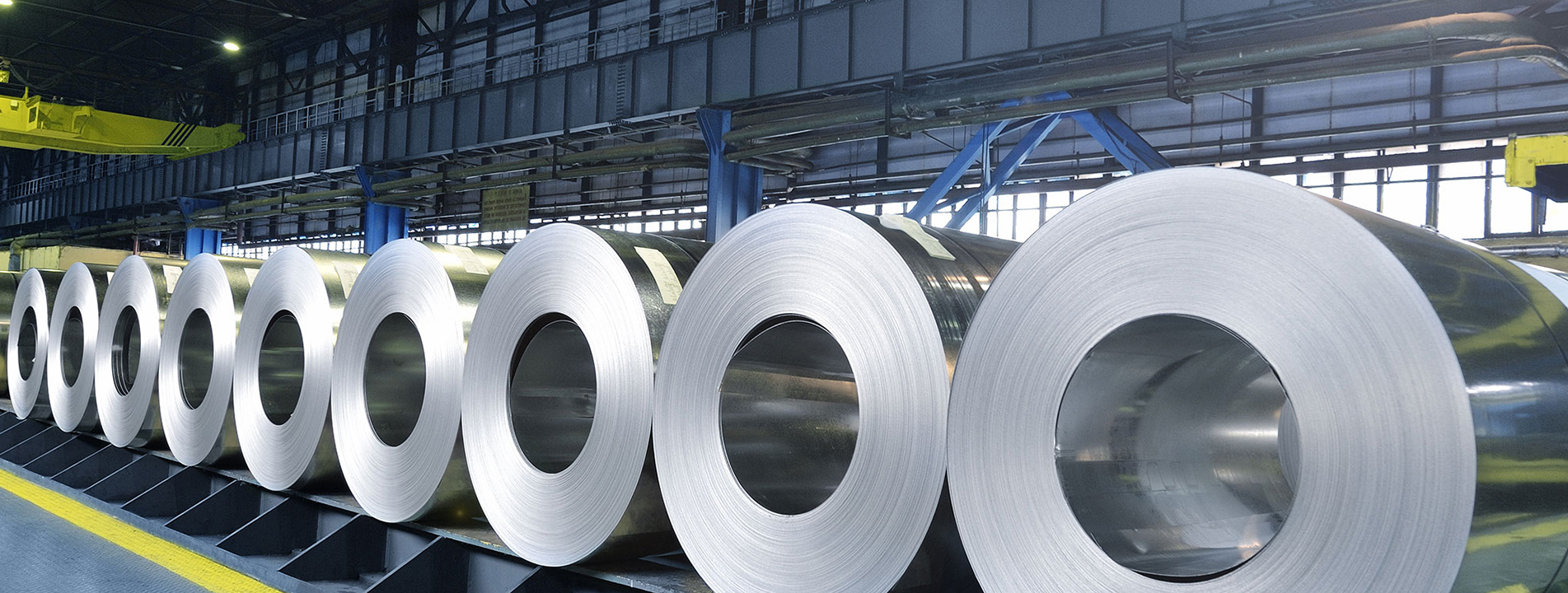📚 Stainless Steel Knowledge: How Much Do You Know?
Introduction: Steel, an iron-carbon alloy with carbon content ranging from 0.02% to 2.11%, is a versatile material. When the carbon content exceeds 2.11%, it's simply iron. Steel's composition can vary significantly, and steel that contains only carbon is known as carbon steel or plain steel. During the smelting process, alloying elements like chromium, nickel, manganese, silicon, titanium, and molybdenum can be added to enhance steel's properties. Stainless steel, characterized by its resistance to rust and corrosion, must contain at least 10.5% chromium with a maximum carbon content of 1.2%.
🌟 Is Stainless Steel Really Rustproof?
Contrary to common misconceptions, stainless steel can rust under certain conditions. It possesses an anti-corrosion ability that varies with its chemical composition, state, usage conditions, and the type of environmental medium. For instance, 304 material has excellent corrosion resistance in a dry and clean atmosphere but can rust quickly in a coastal area with salty fog.
🔍 What Makes Stainless Steel Less Prone to Rusting?
Three main factors influence the rusting of stainless steel:
- Alloy Element Content: Generally, steel with at least 10.5% chromium is less likely to rust. Higher chromium and nickel content improves corrosion resistance.
- Manufacturing Process: Advanced smelting technology and equipment ensure the quality and corrosion resistance of stainless steel.
- External Environment: Dry and well-ventilated climates are less conducive to rusting, whereas humid, rainy, or acidic environments are more likely to cause rust.
🛠️ How to Deal with Rust Spots on Stainless Steel?
Rust spots can be treated using:
- Chemical Methods: Acid washing to re-form the chromium oxide film, followed by rinsing and polishing.
- Mechanical Methods: Sandblasting, glass or ceramic bead blasting, and polishing to remove rust without affecting the material's inherent corrosion resistance.
🧲 Can a Magnet Determine the Quality of Stainless Steel?
A common but incorrect belief is that a stainless steel's quality can be judged by its magnetic properties. The magnetic nature of stainless steel is determined by its structure, with "ferrite" and "martensitic" stainless steels being magnetic, while "austenitic" stainless steels are not.
🏷️ Common Stainless Steel Grades
Some common grades include:
- 201: Manganese-substituted stainless steel with good acid and alkali resistance.
- 202: Low nickel, high manganese stainless steel suitable for decorative and construction applications.
- 304 and 304L: Versatile stainless steel with excellent corrosion resistance and formability.
- 316 and 316L: With added molybdenum, these grades offer superior corrosion resistance, especially in marine environments.
- 321: Known for its high-temperature stress rupture resistance and resistance to intergranular corrosion.
- 430: Offers good corrosion resistance and formability, suitable for household appliances and decorative components.
- 410: High hardness, toughness, and corrosion resistance, suitable for parts exposed to corrosive environments.
🌐 Americ Energy (CHINA) Co., Ltd.: Your Trusted Source for Versatile Stainless Steel Products
Americ Energy (CHINA) Co., Ltd. is a distinguished manufacturer and distributor of a wide array of stainless steel products, tailored to meet the diverse needs of various industries. Their product range includes stainless steel tubes, plates, strips, and square tubes, all adhering to the highest quality standards.
Material Grades and Characteristics: The company offers a variety of stainless steel grades, each with unique properties suitable for specific applications:
- 201 Stainless Steel: Superior impact resistance and toughness in cold environments.
- 304 and 304L Stainless Steel: Versatile grades with excellent corrosion resistance and formability.
- 316 and 316L Stainless Steel: Enhanced corrosion resistance, with 316L favored for its superior weldability.
- 310S Stainless Steel: Noted for resistance to high-temperature oxidation and corrosion.
- 321 Stainless Steel: Stabilized with titanium to resist intergranular corrosion.
- 430 Stainless Steel: Balances corrosion resistance and formability for various applications.
Applications: Americ Energy's stainless steel products are widely used in construction, automotive, manufacturing, chemical processing, decoration, and household products.
Technical Specifications: Each product is detailed with technical specifications outlining chemical composition, physical properties, and processing characteristics, ensuring customers can make informed decisions.
Product Advantages: The company's products are highlighted for their corrosion resistance, formability, high-temperature endurance, and weldability—key factors in material selection for specific uses.
Contact Information:
- Website: www.metal-ae.com
- Email: ae@americenergy.com
- Phone: 13521210668
- whatsapp: 13521210668
- Address: No.298 Fengwei Road, Xishan Development Zone, Wuxi City, Jiangsu Province, China











 IPv6 Network Supported
IPv6 Network Supported
